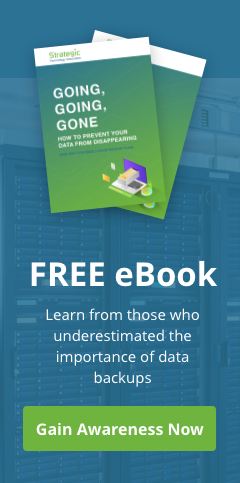Email server platforms help businesses keep track of communications, schedule appointments and meetings, and manage tasks. These platforms are typically hosted on premises, but businesses are increasingly using cloud-based versions of email servers. Microsoft Exchange Online is one of these cloud-based options, and it offers some distinct advantages for businesses.
What your business needs to know about Microsoft Exchange Online
Things you need to know about hosted Exchange

Business email servers such as Microsoft Exchange often need infrastructure investments that may be beyond a small business’s budget. A good way to deal with this issue is by using hosted Exchange services.
What is Microsoft Exchange?
Microsoft Exchange is a messaging system that offers businesses a number of services, including email, calendaring, task management, and address lists.
The benefits of hosted Microsoft Exchange for your business
Why hyperconvergence could be the solution your business needs

For many small- to medium-sized businesses (SMBs), resources can be scarce and, very often, IT takes a back seat. Hyperconverged IT infrastructures are a great way to keep your IT updated without the heavy expenses normally associated with it.
What are hyperconverged infrastructures?
In a traditional IT environment, networking, server, and storage hardware need to be purchased separately and configured to work together as a cohesive system.
What you need to know about virtualization
Is virtualization right for your company?
What you need to know about hosted Exchange
Why it’s costly not to virtualize

You’ve probably heard that virtualization saves money, but how can you take advantage of this? Did you know that choosing not to virtualize can hurt your business? Answer these four questions to discover why virtualization is good for you.
Studies have shown that over 70% of IT budgets go to “keeping the lights on.
What goes into a business continuity plan?

Events out of your control can disrupt your business operations. While you can’t necessarily control the unexpected, you can take some precautions to prevent most business disruptions. Here are some things to consider when developing a business continuity plan (BCP).
Backup your data, applications, and servers
Today, companies are more dependent than ever on IT and data.
Hyperconvergence: IT for SMBs

Routers, switches, modems, gateways, firewalls, servers, and storage devices — these are just some of the many machines you need to build a network infrastructure that enables effective internal and external communications. Even when pared down to serve fewer users, the costs of building a similar infrastructure were prohibitive for SMBs, at least until hyperconvergence came along.
- 1
- 2




